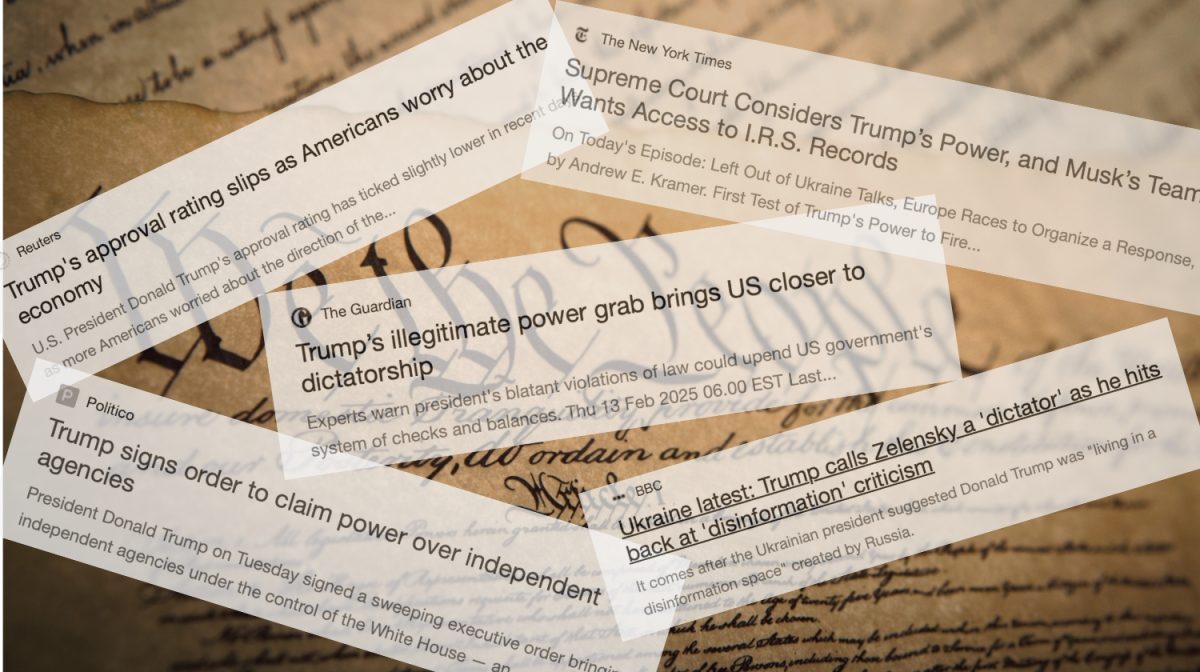As far back as 2009 with the now sitting president Barack Obama, the importance of the Internet and understanding Social Media to successfully campaign one’s cause has been the societal norm. There’s a whole new generation of voters out in the world that consume their news through means other than Cable Television and the newspaper that need to be informed on current events. These people tend to favor things like social media to consume whatever news heads their way.
The news demographic is changing. The Internet has proven that there’s a demand for “compression” of the news, that hot one liner, that tag-line hook that draws readers to pages and pushes pageviews. There is, however, a slightly more sinister side to the way that politicians and those with political ideals have attempted to utilize this information.
As the current election season nears, the need to reach this technologically connected voter grows. Without the ability to bombard them with ads, there’s a battle waging over how much space a person takes up online. Rather, their visibility is directly tied to things like Google or Bing. These search engines, at least algorithmically, transform information about popular concepts and place them near the top of search engine queries, simply because that is how they function. The more that the general public talks about a certain topic, the more it shows up on the internet, and the more that someone is popular, the more it gets talked about.
Enter the current trend in online campaigning. Squatting and trolling the domains of your opponents by your political sympathizers.
Navigating to TedCruz.com opens up a website that encourages users to support Obama and demand immigration reform. Two things that Ted Cruz and his party have been not immediate fans of. Even the CEO of Hewlett-Packard Carly Fiorina isn’t safe. Her webpage links to a page plastered with frowns as far down as the page can scroll. At the bottom is a short statement about her laying off of 30,000 people, “people with families.” The page comments.
Election season in the internet age is starting to look more like a lesson in digital sabotage as opposed to real campaigning. The issue here is that there’s almost no way to police these kinds of acts. Domain squatting and requests for domain takedowns have been around since .COM was available. There’s also no way to prove that these web pages were made by individuals or by someone looking to further their political viewpoint.
Of course something like that has never happened. It’s looking to be an interesting digital campaign season, that’s for sure.













